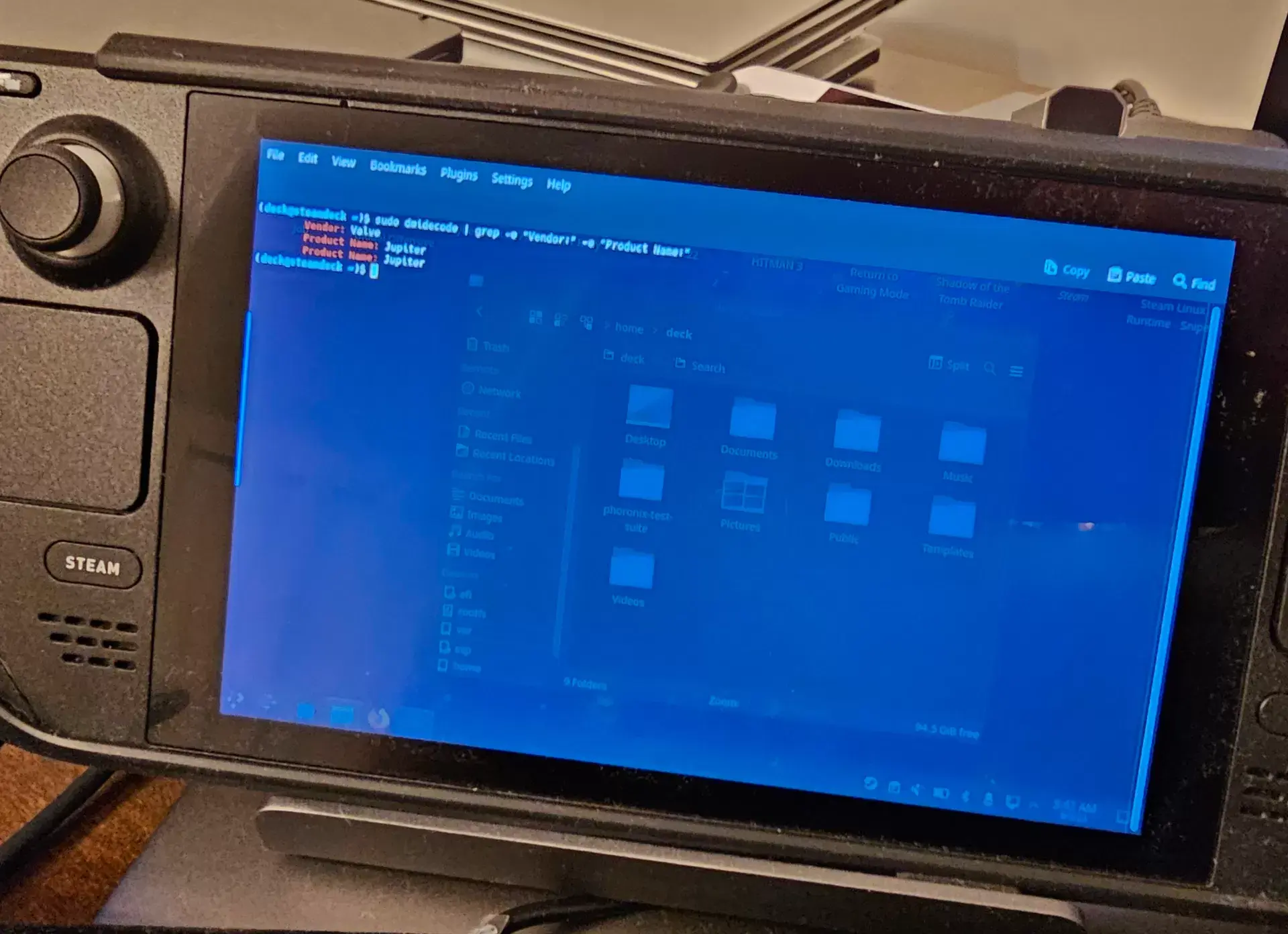The Linux kernel has been updated for some new hardware that still includes the AMD Van Gogh APU, which is currently only used in the Steam Deck. Popular speculation is that Valve will release an updated Steam Deck, one that still uses the same APU (so same performance), but had other changes to the hardware. Possibly different screen, larger battery, etc.
Possible code name for the hardware is Galileo.
If you want more/better info, I’d recommend reading the linked article.



This is the best summary I could come up with:
With the Linux 6.6 sound changes the Van Gogh machine driver has been extended to support a new variant based on the Nuvoton NAU88L21 codec and Analog Devices MAX98388 Speaker Amplifier.
A few patches were needed for adding the MAX98388 support as to this point the AMD Van Gogh sound machine driver was just setup to use the NAU8821 and CS35L41.
These sound patches were authored by Cristian Ciocaltea of Collabora, the open-source consulting firm that has done work for Valve among other clients.
It’s also possible Valve Galileo may just be some reference board / developer hardware around the Steam Deck, but in any event it’s curious to see these Van Gogh additions coming in Linux 6.6.
If it is a new variant/refresh, it’s rather modest sticking to Van Gogh rather than going for the Ryzen Z1 series with the Zen 4 CPU cores and RDNA3 graphics.
As for the rest of the new sound hardware support in Linux 6.6, sound subsystem maintainer Takashi Iwai sums it up as: “Support for AMD Van Gogh, AMD machines with MAX98388 and NAU8821, AWInic AW88261, Cirrus Logic CS35L36 and CS42L43, various Intel platforms including AVS machines with ES8336 and RT5663, Mediatek MT7986, NXP i.MX93, RealTek RT1017 and StarFive JH7110” Notable on the Intel side is the HDMI codec ID for Intel Lunar Lake and the HD audio PCI ID has also been added for Arrow Lake S processors.
The original article contains 452 words, the summary contains 236 words. Saved 48%. I’m a bot and I’m open source!